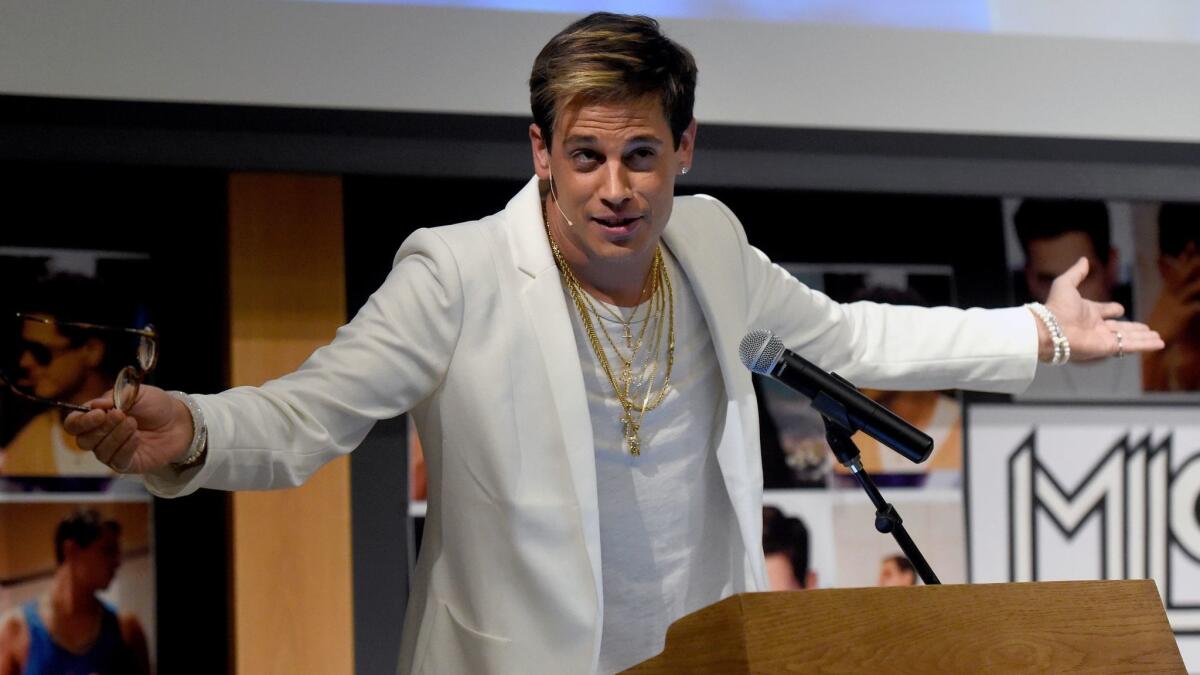Opinion: Is false speech free speech?

To the editor: Although it is correct and important to say that “hate speech” is legally protected, this op-ed article is misleading. (“Actually, hate speech is protected speech,” Opinion, June 8)
For instance, in the famous Supreme Court decision in Schenck vs. United States in 1919, the constitutional principle about not “shouting fire in a crowded theater” is not actually bad law as suggested. Nor is it accurate to suggest that such speech is illegal or unethical only if it is false.
A better example is from the libertarian philosopher John Stuart Mill: It is still criminal to incite mob violence or carnage at the house of a corn dealer even if the speech there is true. Another reason not to make truth or falsity the test of protected speech is that what was once thought false might turn out to be true.
There should be no doubt, however, that so much of so-called hate speech is legally protected but is nevertheless currently suppressed — especially on college or university campuses (I am a philosophy professor at Cal State San Luis Obispo). “Hate speech” has come to mean whatever political speech one hates or finds offensive.
Despite the article’s shortcomings, it is to be applauded for prompting reflections on these points.
Stephen W. Ball, San Luis Obispo
Follow the Opinion section on Twitter @latimesopinion and Facebook
More to Read
A cure for the common opinion
Get thought-provoking perspectives with our weekly newsletter.
You may occasionally receive promotional content from the Los Angeles Times.






